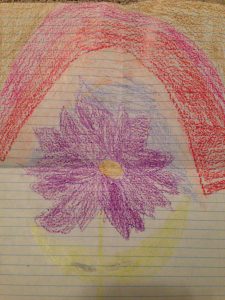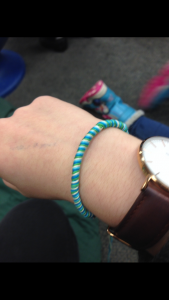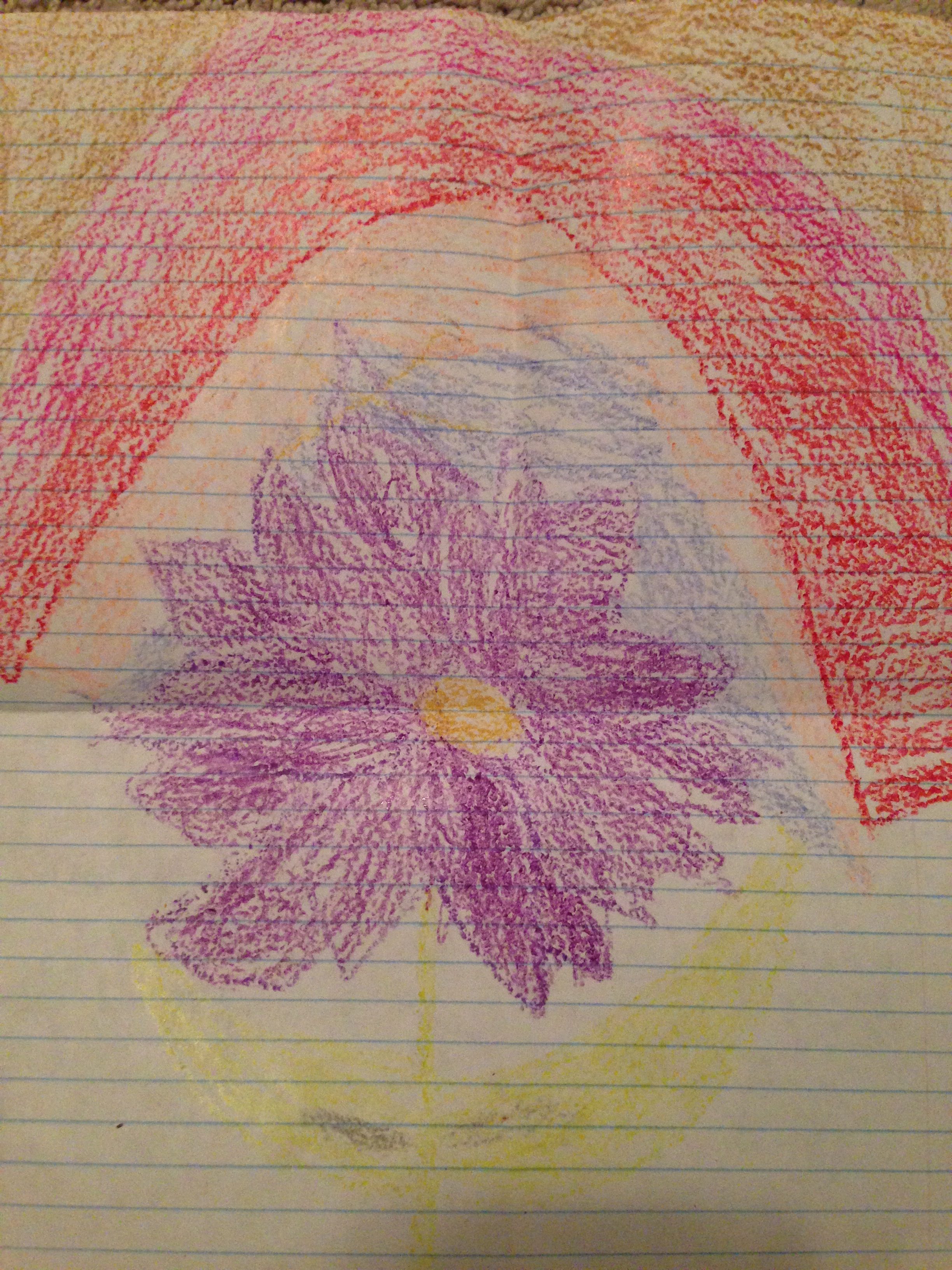Hello future students of CAP! I thought I would write this blog to take away some of your first-year jitters by answering some of the questions I had when deciding if I should do Trek or the discussion groups.
1.What am I going to be missing out on if I am not part of the discussion group?
First off, one of the big reasons why I was scared to join Trek was because I thought I would me missing out on the experience of writing a 12-page essay, which is a mandatory part of the discussion groups.But, this is defiantly not the case. There are written assignments that go along with Trek. What’s great about the trek written assignments is that you are not writing one large paper during the most stressful time of the year. Instead, there are four smaller assignments are spread out through the semester.
Also, personally speaking, in general, I do not always enjoy going to discussion classes. On of the largest issues with this environment is that discussion are primarily based on group input, but during the busy times of the year, most people skip and start to slack off. This means that a vast majority of your learning of the course martial during discussion is heavily reliant on your peers. While alternatively in Trek, you get to experience the material from the lectures come to life and explore the real life implications.
2. What are some of the cons with Trek program?
A) The first con is timing. For my placement, I would say I was luckier than most when it came to my schedule. I went to my placement every Friday, which meant that I did not have to worry about rushing back home for any possible assignments or exams due the next day. That said, if you do decide to choose trek, I would email your placement’s supervisor and ask to see if you can get your placement to be on Friday.
B) Transportation is the next issue. My placement was at the Hasting elementary school which meant that it took 60 minutes to get to my placement by bus from UBC. It is important that you calculate the commute in when trying to decide on your placement. Since it was an after school program for kids, my placement start at 3 pm which meant I had to leave UBC right after my last class at 2 pm.
3. Why did you choose your Hastings Elementary School placement?
My answers ties in with 2.B. Transportation is a crucial factor since I am a commuter student. The Hasting Elementary school was a great fit because it is only a seven-minute walk from my grandparent’s house. I would alway be extremely hungry after my placement, and it was great to walk over to my grandparents and have dinner with them.
4. What are your survival tips for Trek?
A)Bring snacks. I can not stress this enough; there is nothing worse than watching people eat when you are hungry.
B)You already have your syllabus with you for all your classes, if you know that have a large assignment or exam the day after your placement let them know in advance.
C)Be efficient with your time! Try to do some studying on the bus.
D)Make sure you have a warm winter jacket. Waiting for the bus at night in the cold is not pleasant.
5. What are the written assignments for Trek like?
In my option, doing the trek assignments are more helpful than written the discussion papers because you are actually doing the work of a sociologist. The placement gives you the opportunity to explore a community and unpack the underlining social issues. The Trek assignment are more relevant with the course material because you get the opportunity to emulate the type of work sociologist Arlie Hochschild did in her book The Time Bind.
6. What are the Trek dinners?
The Trek dinners are events to network with everyone that are involved in the Trek program. The event consists of a sit-down dinner, followed by a guest speaker and group discussion on your experience with Trek. The event usually starts around 5:15 pm and end around 7:15 pm on a weekday during the end of the term.
7. In total what are all the assignments the come with Trek?
– Two Trek written assignments per term
– 50-minute group trek discussion each month with Professor Greer
– Once a week trek placements ( mine went from 3 pm – 6 pm)
– One Trek placement dinners per term
– One Trek placement workshop per term
8. What was your personal experience with Trek like and how did it help with your understanding of course material?
As I have mentioned previously., my trek placement is at Hastings elementary school. It is an after school program called Kids First which focuses on the issues of food security, academic support, and social integration. When I first started going to the program, from an outside perspective, they all look live happy normal children. I was aware why the fundamental reason why this after school program was placed in this particular inner city school but, it was hard to notice at first. It took a long time for myself to become emotionally invested in the program. For the first two months, I was volunteering, I would dance with kids during the dance parties and participate in the crafts, but I was only surface acting. I would always have a smile on my face but leave questioning if I was making a difference.
It was not until I started tutoring one of the students one on one that I began to become emotionally invested in the program and saw the terms I had learned from my sociology lectures materialize. I started to work with a student who was in grade three with her reading comprehension. I was initially shocked by how far behind she was. She was a well mannered eight-year-old girl but still struggled with figuring out simple three letter words. She was barely at the compression level for books that were at the kindergarten and grade one level. It broke my heart watching her struggling to read. During most study session she had gotten the point where she told me “What is the use of me trying? My teacher told my mom I was going to fail anyways.” She had started to internalize the oppression from her teacher. She had then labeled herself as a failure and worked through the process of sounding out words with the assumptions she would get it wrong.
From working with this student, I would go home and cry think about much she was struggling in school. I felt so attached because I started to see myself in her. When I was in elementary school, I also use to struggle with reading. The only difference between the student I was helping and when I was in elementary school was the roles our parents played in our education. In elementary school, my father would set with me every night and help me read for twenty minutes. Also, my parents also signed my me for the private tutoring organization called Kumon which gave me additional homework to be completed every day. From the family and social habitus, I was fortunate to be born into has helped carried me to where I am academically today.
9. What are some of the projects the kids have given to you?



I just wanted to share these photos to show how rewarding Trek has been for myself. It brings me so much joy think about all the great times I have had with all the kids this year. Don’t miss out on this experience, join Trek!
All the best,
Katrina.
